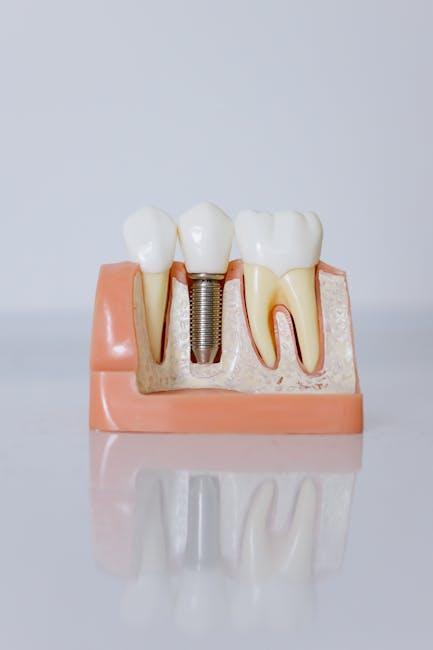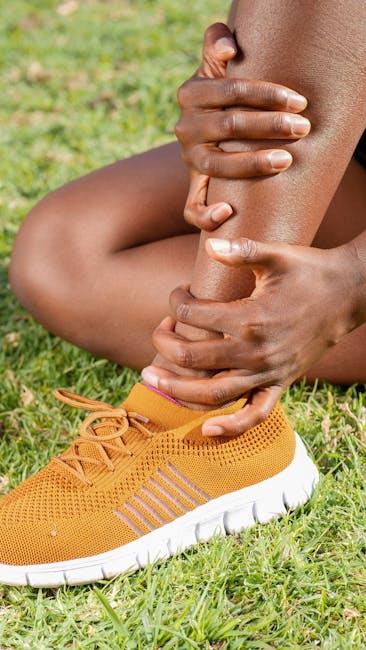
Protect Yourself from Sports-Related Dental Injuries – UAB News – University of Alabama at Birmingham
Engaging in sports is a fantastic way to stay fit, build teamwork skills, and have fun. However, with physical activity comes the risk of injury—particularly dental injuries that can have lasting effects. According to studies highlighted by UAB News at the University of Alabama at Birmingham, sports-related dental injuries are one of the most common types of orofacial trauma in athletes. This article will explore essential tips for protecting your teeth during sports, the benefits of preventive gear like mouthguards, first-aid responses to dental injuries, and much more.
Understanding Sports-Related Dental Injuries
Dental injuries during sports can range from minor chips and fractures to severe tooth avulsions (complete tooth knockouts) or jaw fractures. Common causes include collisions, falls, fast projectiles like balls or pucks, and accidental contact with sports equipment or other players.
Common Types of Dental Injuries in Sports
- Tooth Fractures: Cracks or breaks in the tooth enamel or deeper layers.
- Tooth Avulsion: Complete displacement of a tooth from its socket.
- Tooth Intrusion or Extrusion: Tooth pushed into or out of its socket.
- Soft Tissue Injuries: Cuts or lacerations to lips, gums, cheeks, or tongue.
- Jaw Fractures: Breaks in the bone of the mandible or maxilla.
Why Protecting Your Teeth During Sports Matters
Dental injuries can lead to long-term consequences, including chronic pain, costly dental procedures, infections, and aesthetic issues. Preventing these injuries protects not just your smile but also your overall well-being and confidence.
Key Benefits of Protecting Your Teeth
- Reduces risk of dental trauma and emergency dental visits.
- Prevents painful and expensive treatments like root canals or implants.
- Preserves natural teeth and oral function.
- Enhances athletic performance by reducing fear of injury.
- Protects against jaw fractures and soft tissue damage.
How to Protect Yourself from Sports-Related Dental Injuries
The University of Alabama at Birmingham strongly emphasizes prevention strategies for athletes at all levels. Here are practical tips supported by UAB’s dental experts to minimize risk:
1. Wear a Custom-Fit Mouthguard
A mouthguard is the most effective protective device for preventing dental injuries. Custom-fitted by a dental professional, these mouthguards offer superior comfort and protection compared to over-the-counter types.
2. Use Helmet and Face Guards Properly
In contact sports like football, hockey, or lacrosse, helmets with face shields or cages protect more than just the head. Ensure proper fit and maintenance.
3. Follow Sport-Specific Safety Guidelines
Adhere to rules regarding protective gear, avoid high-risk behavior, and play according to regulations to stay safe while competing.
4. Maintain Good Oral Health
Strong teeth are less prone to fractures. Regular dental checkups and good hygiene keep your teeth healthy and resilient.
5. Educate Coaches and Teams
Awareness within teams about the importance of dental injury prevention encourages compliance with safety measures.
| Protective Gear | Recommended Sport | Protection Level | UAB Expert Advice |
|---|---|---|---|
| Custom Mouthguard | Football, Basketball, Martial Arts | High | Essential for all contact sports |
| Helmet with Face Shield | Hockey, Baseball, Lacrosse | High | Mandatory for impact protection |
| Over-the-Counter Mouthguard | Recreational Sports | Moderate | Better than no protection, poorly fitting |
| Face Cage | Ice Hockey, Lacrosse | High | Protects facial tissues and teeth |
First Aid for Sports-Related Dental Injuries
Even with precautions, accidents can happen. Knowing how to respond effectively in an emergency can save your tooth and reduce complications.
Immediate Steps to Take
- For a Knocked-Out Tooth (Avulsion): Handle the tooth by the crown (top part), rinse gently with water if dirty, and try to reinsert into the socket if possible. If not, store it in milk or saline solution and seek dental care immediately (within 1 hour).
- For a Fractured Tooth: Rinse your mouth with warm water, apply a cold compress to reduce swelling, and avoid biting on the broken part. Visit your dentist promptly.
- For Soft Tissue Injuries: Clean gently, apply pressure to stop bleeding, and seek medical care if bleeding persists.
- For Jaw Injuries: Stabilize the jaw, avoid moving it, and get emergency medical care immediately.
Case Study: UAB Athlete’s Triumph Over Dental Trauma
John, a UAB football player, experienced a severe dental avulsion during a game. Thanks to immediate application of UAB’s recommended first aid—placing his tooth in milk and rushing to the campus dental clinic—his dentist was able to successfully reimplant the tooth. John has since become an advocate for custom mouthguards and routinely educates teammates on dental safety.
Additional Practical Tips from UAB Dental Experts
- Schedule dental checkups before sports season starts.
- Replace mouthguards every season or if damaged.
- Avoid chewing hard candy, ice, or mouthguard during sports.
- Stay hydrated and maintain healthy nutrition to support oral health.
- Keep emergency dental contact information handy at all times.
Conclusion
Protecting yourself from sports-related dental injuries is crucial to safeguard your smile and overall health. Following the expert guidance from UAB News at the University of Alabama at Birmingham, athletes can significantly reduce their risk of dental trauma through the use of custom-fitted mouthguards, proper protective equipment, adherence to safety protocols, and immediate first aid in case of injury. Prioritize your dental safety this season and enjoy your sports activities with confidence and peace of mind!


